
‘While living with HIV in 2018 has improved, it’s far from easy’: what World AIDS Day means to me

Almost twenty years after I was diagnosed as HIV-positive, living with the virus has changed a great deal.
People aren’t dropping dead and it’s not so common to see people walking the streets with visible signs of AIDS — sunken cheeks, swollen bellies, and emaciated limbs.
AIDS wards have closed and medical services have been integrated with mainstream clinics.
It’s not a death sentence and we’re living much longer. The panic that once held us in acute fear has thankfully dissipated.
Infection rates are reducing and we hear proclamations that ‘AIDS is over’ in this country, though of course thousands of us are still living with HIV, its complications, stigma, and prejudice.
HIV/AIDS has impacted my life more than anything, and it continues to challenge me each day.
I’ve lived with the virus for most of my adult life.
As a teenager coming to terms with my sexuality, I faced violent homophobia. The attacks came from teachers and students, and from within my own family. I was beaten, bashed and bullied out of high school.
I had chronic anxiety and contemplated suicide countless times.
Queensland in the 1980s was a hostile place for LGBTIQ people. It was the era of Joh-Bjelke Petersen and the Grim Reaper.
The media was saturated with reports that demonised the gay community, and the thought of contracting HIV and dying of AIDS terrified me.
I felt like I had no place in Queensland, so I fled to Sydney when I was twenty and got swept up in the drug scene. I was rebellious and having a wild time but I was also numbing the self-hatred about my sexuality. I took a lot of risks and put myself in danger.
On some level I was punishing myself. I contracted HIV because I couldn’t accept my sexuality. Under the influence of so much drugs and alcohol, it was a crash waiting to happen.
That was twenty years ago and thankfully I turned what felt like a death sentence into something constructive. I stopped using drugs and started to face myself—I accepted who I was.
In many ways my life was just beginning. I became a healthy, conscious person with hopes and dreams. I studied social science and creative writing at university. I travelled to India, Europe, the US, and South America. The virus was transforming me and my life for the better.
I don’t want to gloss over the reality of living with HIV. There’s been plenty of physical and emotional struggles.
My sanity has been pushed to the limit by humiliating bouts of illness, and hideous experiments with toxic medication.
At one stage that meant choking back 26 pills a day and throwing my guts up on city streets.
I’ve had two lengthy stints in hospital with AIDS, and I’ve been socially isolated for long periods due to poverty, illness, and a sheer lack of self-worth that can afflict many HIV-positive people.
A most surprising twist in my journey with HIV came earlier this year.
I had moved to a regional town and studied a short course to be a support worker, and the first man I was partnered with just happened to be living with HIV. Like myself years before, he had also suffered a bout of Cerebral Toxoplasmosis (an infection that attacks the brain).
While I was demolished by the experience, I responded to antibiotics and was discharged from hospital a month later.
This man wasn’t so lucky. He was not given antibiotics, and after a botched surgery to remove the infection, he had a stroke and was semi-paralysed down one side of his body.
He spent nine months in hospital and was discharged in a wheelchair with severe cognitive impairment, stammered speech, and restricted movement. He now requires weekly assistance and it can be very difficult to do simple tasks like eating, walking, and getting dressed.
We meet for gym, social outings, shopping, and casual banter at cafes.
I’m always impressed by his skill with crosswords, and how tidy his house is compared to mine. We muck around with his cat and talk about our love of Amy Winehouse, Blondie, and Orange Is The New Black.
His health and fitness improves a little each time, as does his speech and his will to survive.
While living with HIV in 2018 has improved, it’s far from easy, especially for those of us with a history of trauma from AIDS-related conditions.
There are on-going struggles with medication side-effects and prejudice and discrimination. Few conditions carry the stigma we face and the lack of empathy that often goes with a HIV diagnosis.
Few conditions have the same consequences for a person in terms of their self-esteem and relationships.
As the end of another year approaches, I wish I could believe a cure was in sight but unfortunately I cannot.
My experience living with HIV and working in the sector has shown me what we’re up against — a monolithic pharmaceutical industry that thrives on us swallowing pills for the rest of our lives.
To compound this, I’ve seen AIDS organisations slash services to people living with HIV, and become increasingly hard to access for support.
I’ve seen corporate figures within these organisations disregard the people they’re supposed to represent, while they masquerade as ‘activists’ and forge wealthy careers.
World AIDS Day has become a public relations exercise where AIDS bureaucrats and the pharmaceutical industry merely pay lip service to stopping this epidemic.
Almost forty years since the first cases of AIDS, a cure is still nowhere in sight.
I hope they can move past their profit motives, egos, and ‘brilliant careers’, and give some thought to what it’s like for people who are living with HIV.
Thousands of us still endure high rates of poverty, mental health issues, social isolation, prejudice, and discrimination in this country.
Thousands are still dying of AIDS around the world.




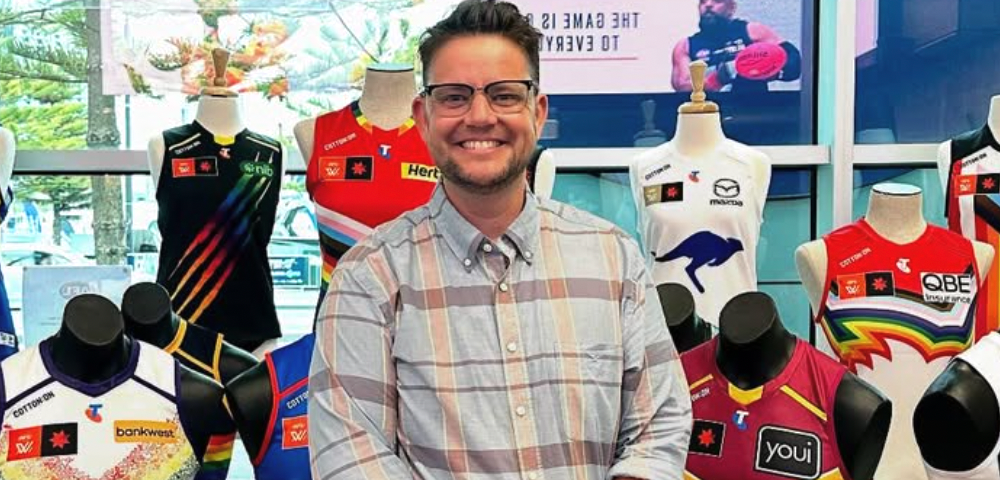
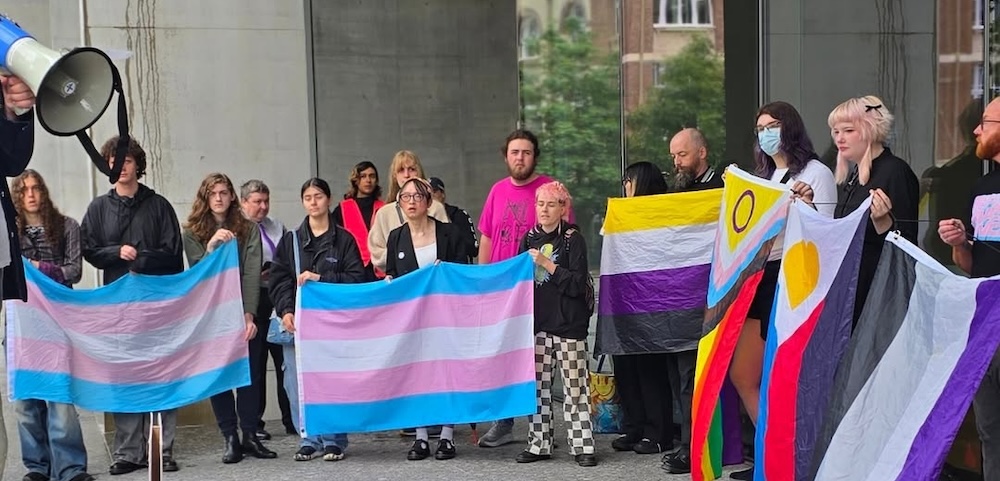
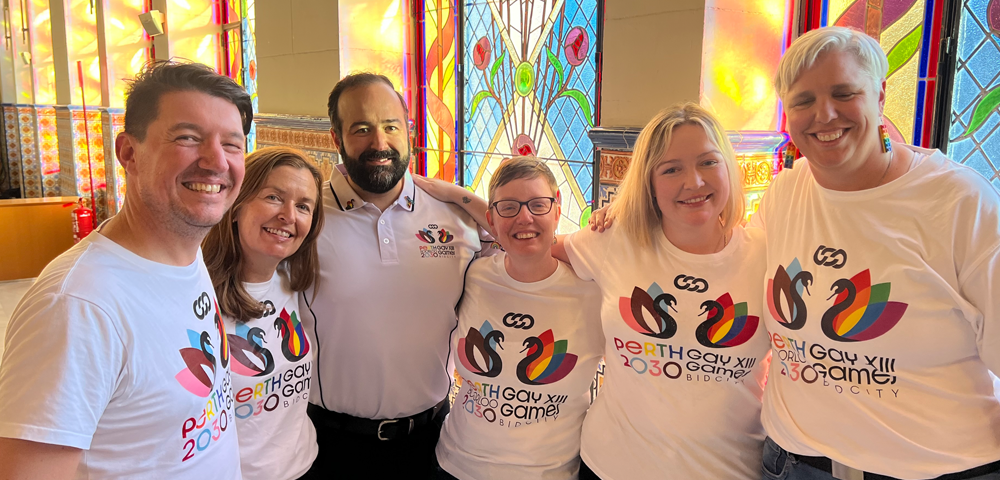
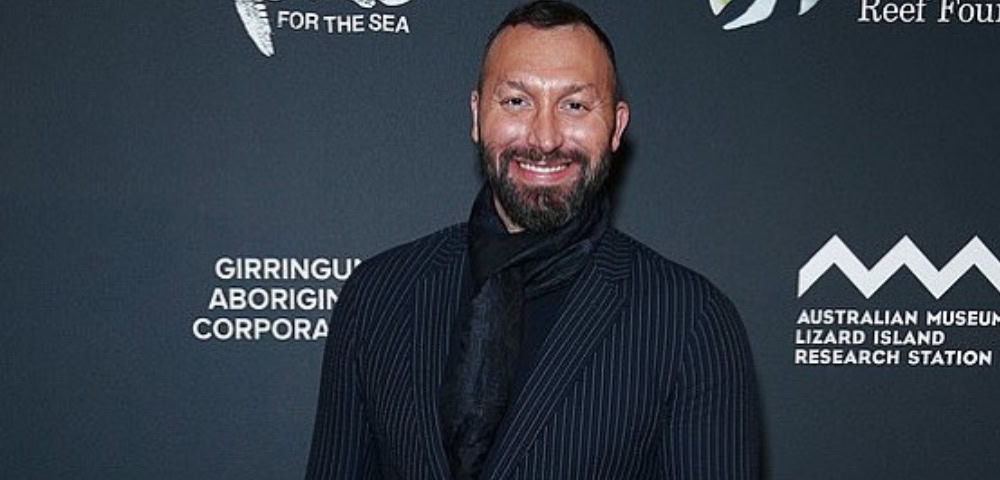
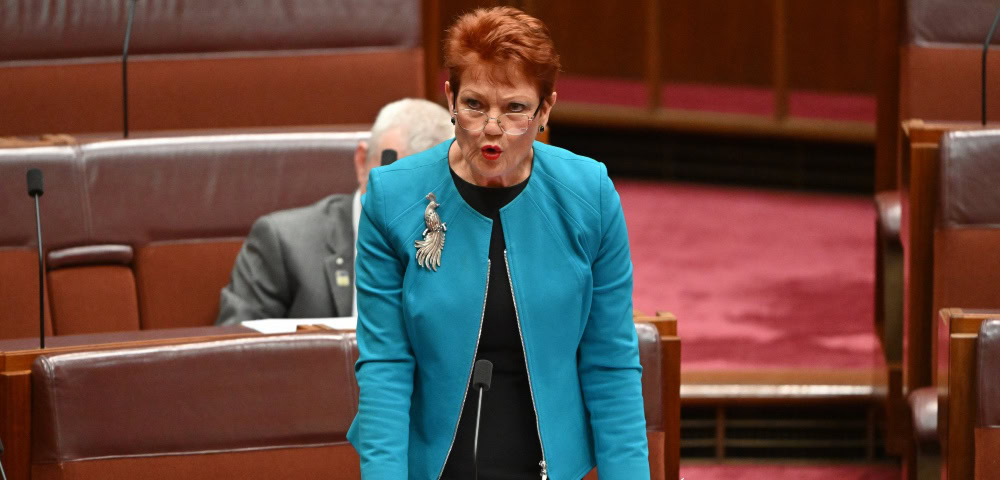
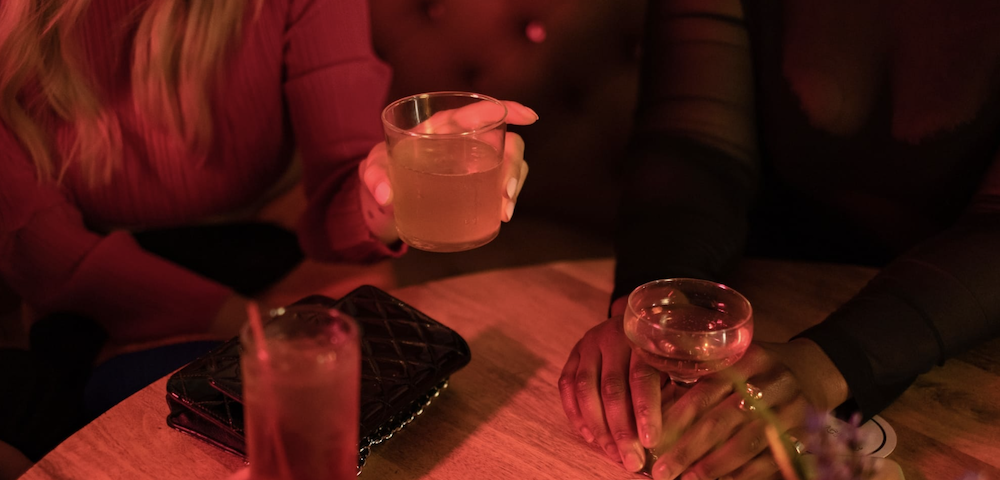
Thanks for sharing your story of living through the last 20 years of living with HIV. Really appreciate the positive space you have created for your self and being able to offer support to a fellow PWA and can understand the ongoing challenges you have to deal with.
Great Article